
Today there was a really interesting development where two-time winner of the Faulkner Award for fiction, John Edgar Wideman, has chosen to publish his next work with Lulu. From his press release:
Wideman decided against a traditional publishing contract — and royalty advance — for Briefs because he wanted more control over the publishing process and to develop a more direct connection with his readers. He also wanted to experiment at a time when the publishing industry is undergoing more revolution than evolution.
“I’ve been thinking about alternatives for a long time,” said Wideman, whose works of fiction and non-fiction include the award-winning Brothers and Keepers, Philadelphia Fire and Fanon. “Lulu seems to represent a very live possibility as the publishing industry mutates. I like the idea of being in charge. I have more control over what happens to my book. And I have more control over whom I reach.
“I have a very personal distaste for the blockbuster syndrome,” Wideman continued. “The blockbuster syndrome is a feature of our social landscape that has gotten out of hand. Unless you become a blockbuster, your book disappears quickly. It becomes not only publish or perish, but sell or perish.”
Sounds like something written here – or by Lulu’s PR department. The latter issue is what makes this particularly interesting. One gets the sense looking at his Lulu page is that perhaps a very detailed cross-promotional agreement was set up ahead of time. Indeed, Wideman is “the first client of a new Lulu VIP service that is highly customizable and takes care of most pre- and post-production work, including design, media outreach and marketing.”
What’s so interesting is that Wideman could very well get a lot more attention being a self-publishing pioneer than he might otherwise get for his literary collection of micro stories. So it’s not just that he’s self-publishing, but that by self-publishing he can actually get himself more attention, so that’s why he chose to go this route. That’s the vibe I’m getting about this set-up, especially considering the press release comes from Lulu, and not the author himself.
Eventually, situations like this will be less of an anomaly and so won’t get the same kind of attention (see the Publisher’s Weekly article). But by that point, self-publishing will be so commonplace for all types of writers that self-publishers will be able to get attention at a place like Publisher’s Weekly without having to call attention to how the book was published. Of course, by that time there will also be a lot more competition, so people will need to look for new ways to be a pioneer.
Whatever the elements of the agreement between Wideman and Lulu, it’s a serious shot in the arm for self-publishing. Sure, you can still make the argument that it’s hard to sell a self-published book, but you cannot make the argument that it’s only for second-rate writers.
Get an Editorial Review | Get Amazon Sales & Reviews | Get Edited | Get Beta Readers | Enter the SPR Book Awards | Other Marketing Services






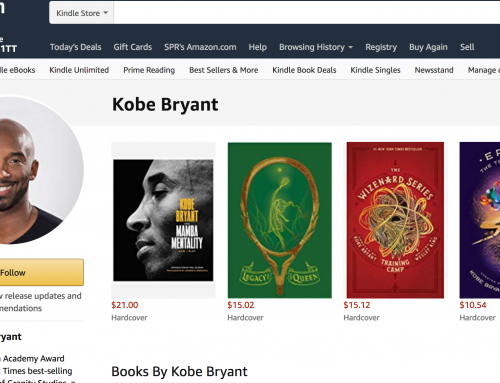
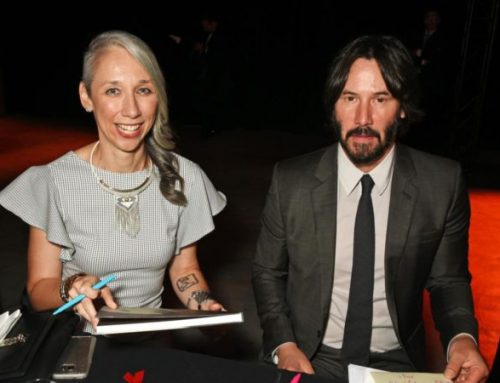


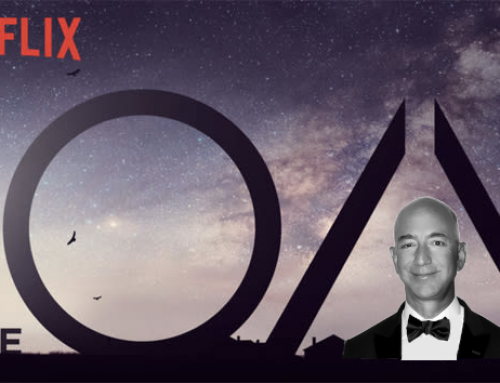

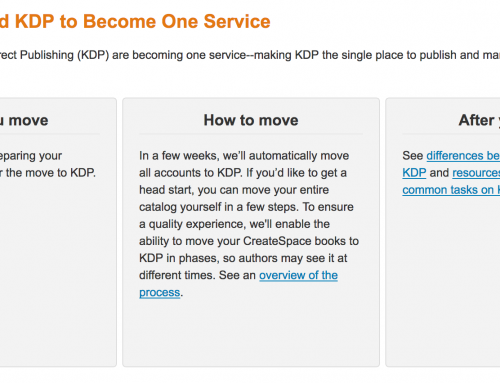

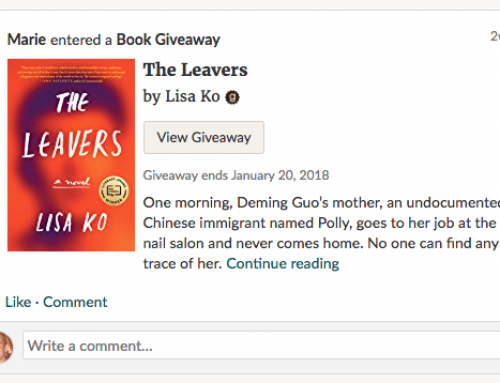


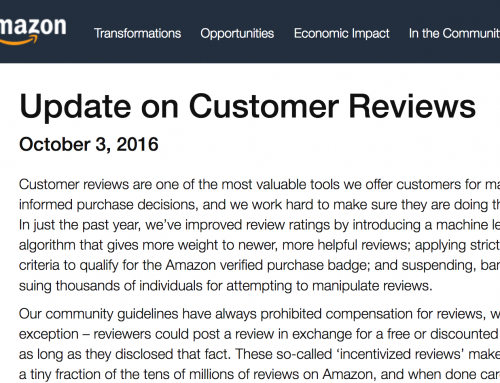
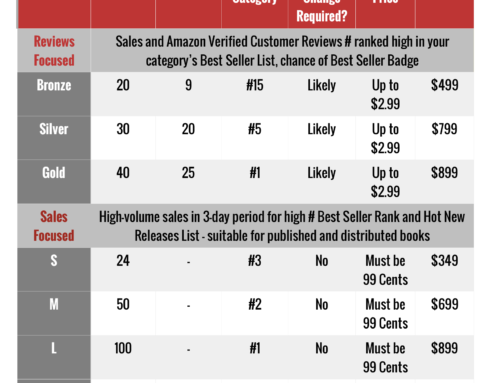
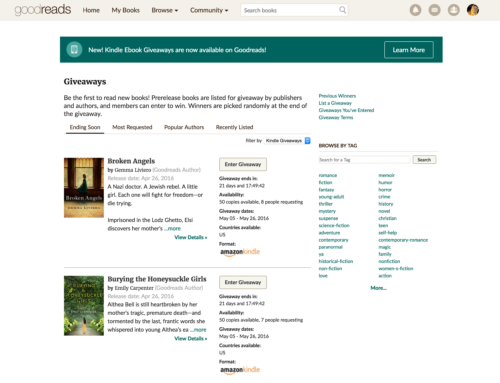


I am yet further proof that self-publshishing is gaining popularity as a medium for literary fiction. Unlike Wideman, this is my first novel, but I can relate to his decision. I find it very validating that an established author of literary fiction made the same decision I made about big publishing. Some people think self-published authors are all angry and bitter, with drawers full of rejection letters. But for some of us, self-publishing is purely a business decision. Thanks for the post; I think it’s good news.
Well, Publisher’s Weekly also won’t remain as the most important place to be “noticed.” In fact, it’s probably with the mainstream publishing industry in being a couple of years behind what’s happening in the trenches.
Scott Nicholson
Thanks for sharing! I’m also a self published author.!Be sure to check out my new book as well.